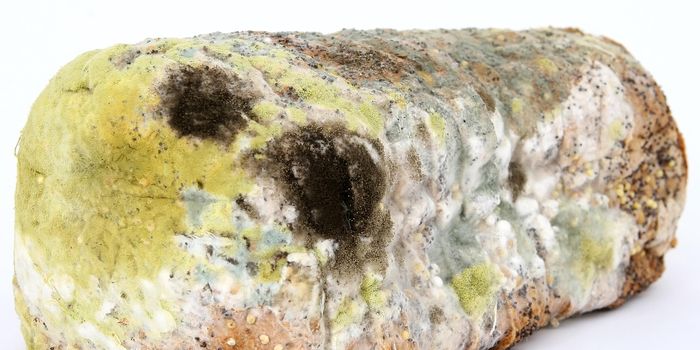Fetal DNA Raises Risk of Mother's Pre-Eclampsia
For the first time, researchers report that a baby’s DNA influences a mother’s risk of pre-eclampsia, a condition that affects about five percent of pregnancies. From the University of Nottingham, scientists examine the genetic profiles of more than four thousand babies born from pre-eclamptic pregnancies to understand the complexity of the connection.
A five-year study called InterPregGen analyzed DNA from 4,380 pre-eclamptic-born babies in comparison to DNA from 300,000 babies born from normal pregnancies. The results indicated a specific location in a baby’s DNA that increases a mother’s risk of pre-eclampsia.
Pre-eclampsia is a dangerous condition affecting pregnant women and is associated with the faulty formation of the placenta. Complications from pre-eclampsia include stroke, liver, blood problems, and sometimes death for the other and/or the baby. High blood pressure during the second half of the pregnancy is often a precursor to pre-eclampsia, which is also associated with family history of the disease, both maternal and paternal.
“As it is the baby's genes that produce the placenta we set out to see if we could find a link between the baby's DNA and the condition,” explained Dr. Linda Morgan, coordinator of the study. “We found there were indeed some features in a baby's DNA that can increase the risk of pre-eclampsia."
DNA variations nearby to a gene that produces a protein called sFlt1 was found to be linked to pre-eclampsia risk. High levels of sFlt1 expression originating in the placenta and ending up in the mother’s blood is responsible for high blood pressure and damaged kidneys, liver, and brain, Morgan found. This information could be largely helpful for predicting which mothers are at high risk of pre-eclampsia, through analyzing family history and genetic information.
“This first piece of the genetic jigsaw holds substantial promise for unlocking some of the mystery of how pre-eclampsia is caused,” said study researcher Dr. Ralph McGinnis.
“Now modern genome wide screening and its data analysis allows us to look for clues in the mother's, father's and their baby's DNA,” Morgan said. “We believe the new insights from this study could form the basis for more effective prevention and treatment of pre-eclampsia in the future, and improve the outcome of pregnancy for mother and child."
Next, Morgan plans on conducting new studies using DNA from 4,220 different babies from pre-eclamptic pregnancies, specifically focused on sFlt-1 variations.
The present study was published in the journal Nature Genetics.
Source: University of Nottingham









